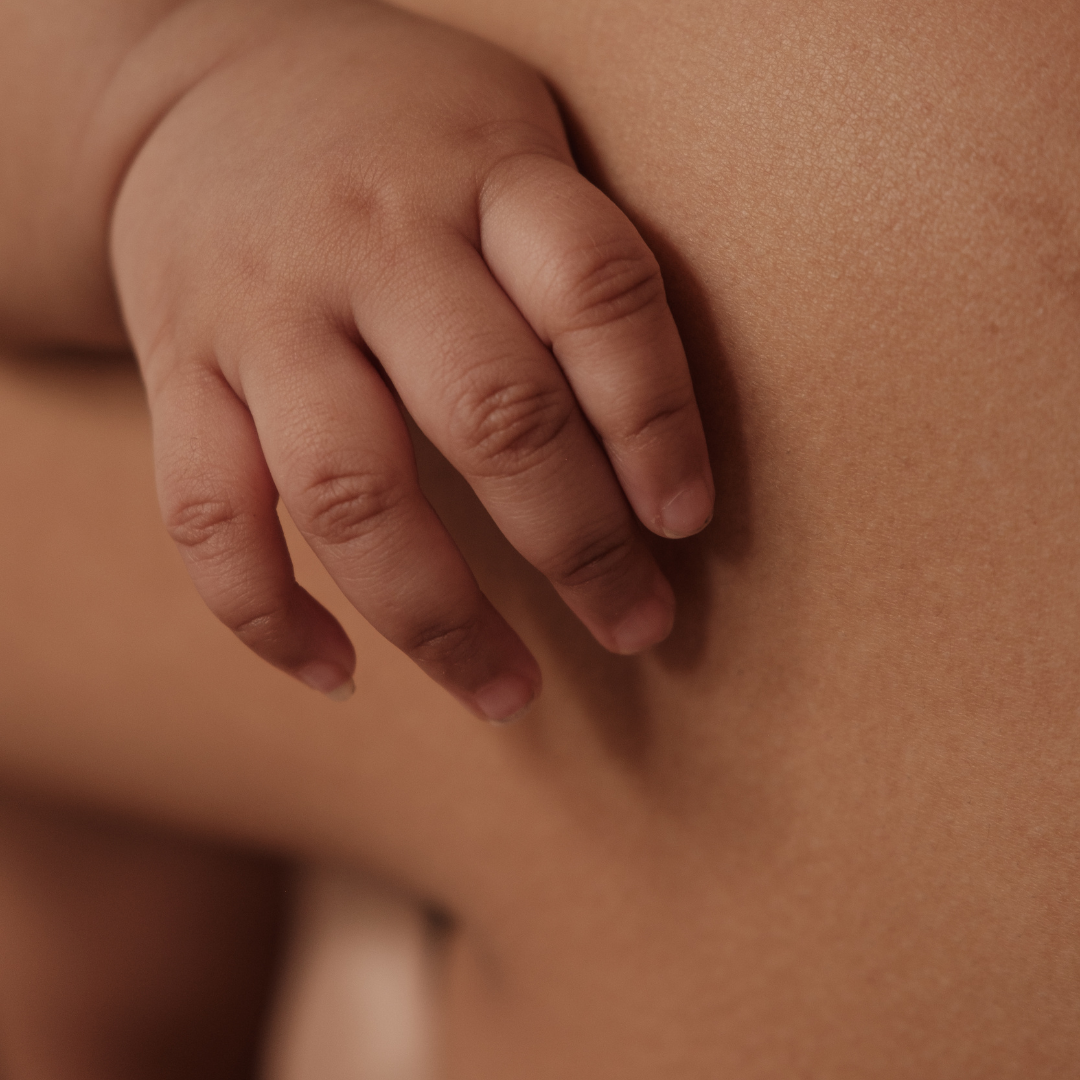By: Morgan Michalowski, NP, CNM, IBCLC
Breastfeeding: What to Expect the First 24 Hours
Fun fact, your breasts have had breast milk in them since 16 weeks of pregnancy, but it takes 3-5 days for mature milk to come in after you give birth. While you wait for your mature milk to come in, your baby will get plenty of colostrum, a nutrient rich substance that is packed with antibodies!
Lots of parents worry that their baby won’t get enough to eat while they wait for their mature milk to come in. Here’s how to know if your baby is getting fussy or not getting enough to eat:
- Make sure you have a good milk supply to start by practicing skin-to-skin contact with the baby after delivery. This gives your baby an opportunity to feed within an hour of birth, leads to effective breastfeeding and an increased likelihood of breastfeeding 1–4 months after birth compared to infants who were swaddled in blankets!
- If you can’t do skin-to-skin or your baby is transferred to the NICU, hand express, which is when you compress your milk ducts with your thumb and forefinger to express milk, or pump within the first 1-6 hours after delivery.
- Is your baby eating at least 8-12 times in 24 hours? Is there adequate poop and pee? Is there weight gain? Then it’s a good sign there’s nourishment.
- Signs your baby is getting enough to eat:
- Gaining weight
- Adequate urine and stool output (6-7 wet diapers and 1-4 dirty diapers by 7 days of life)
- Signs that might warrant further evaluation if your baby isn’t meeting the above criteria:
- A fussy baby who frequently feeds
- Breasts that don’t leak milk
- Did not experience engorged breasts








